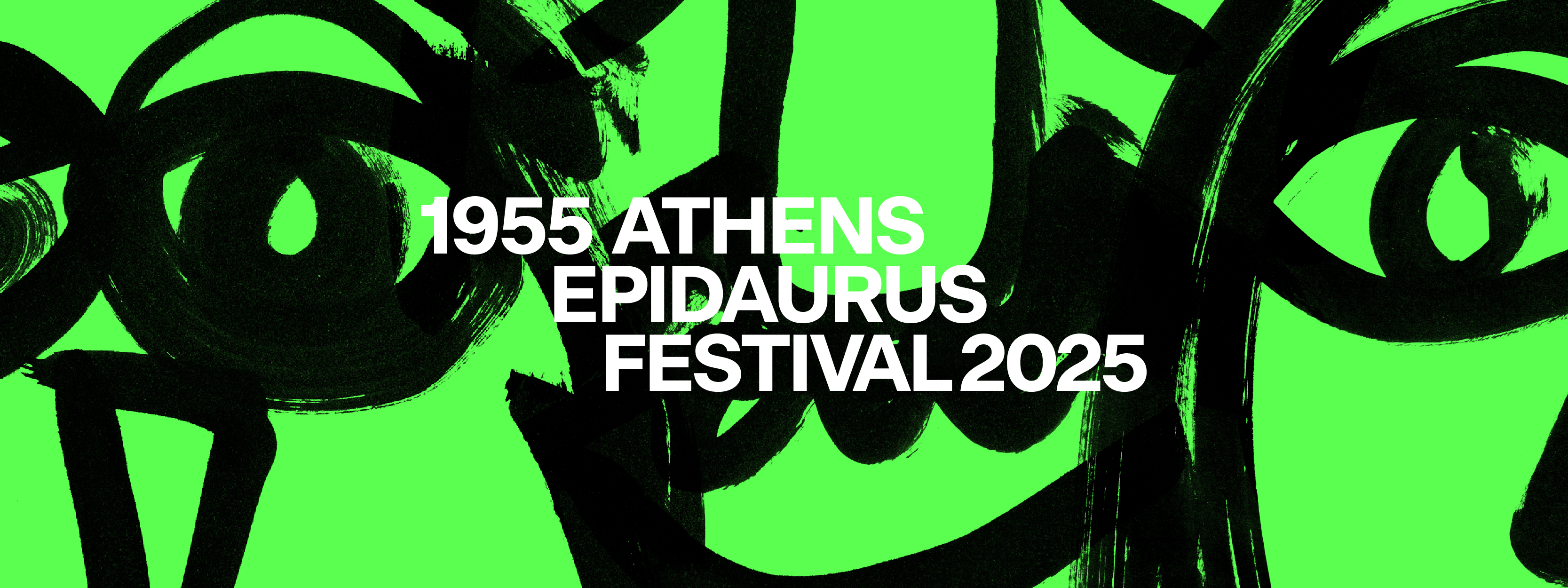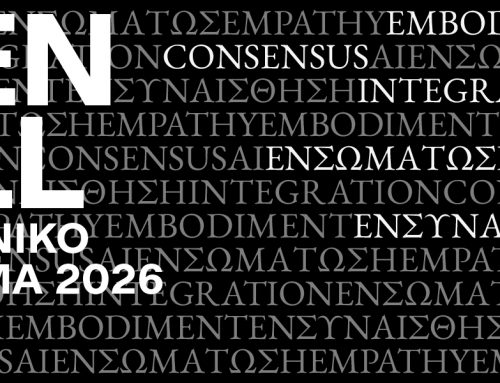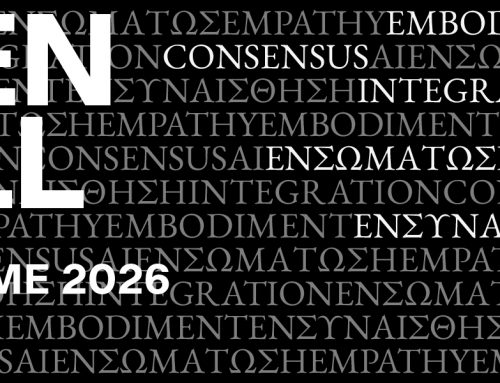Athens Epidaurus Festival is organizing the Sustainable Culture Toolkit Conference, a significant gathering focused on sustainability in culture, as part of the Erasmus+ European project Sustainable Culture Toolkit (SCT), on Tuesday, July 22, 2025, at 13:30, at the Goethe-Institut (Omirou 14-16, Athens).
Celebrating its 70th anniversary, the Festival recognizes the need for more sustainable and environmentally conscious artistic programming and seeks to strengthen dialogue on the implementation of sustainable practices in the performing arts.
During the conference, distinguished speakers will exchange experiences and perspectives on culture as a framework for thought, practice, and collective responsibility, on the occasion of presenting the Erasmus+ Sustainable Culture Toolkit (SCT). Thematic discussions and participatory workshops on environmental management and planning in cultural organisations aim to highlight the role of art as a medium for raising awareness and promoting sustainability.
The Erasmus+ Sustainable Culture Toolkit project aspires to support cultural organizations, groups and professionals active in the fields of culture and the performing arts through the development of a comprehensive toolkit. This toolkit includes practical resources, guidelines and examples of sustainable practices in the implementation of artistic programs, while also offering a framework for long-term environmental planning.
The project is implemented by an international consortium of organizations, coordinated by the Athens Epidaurus Festival, in collaboration with Nowy Teatr (Poland), Théâtre de Liège (Belgium) and Organization Earth (Greece).
As emphasized in the SCT guide: “Activity in the field of theatre, as in other areas of culture and the arts, inevitably impacts the natural environment. The global climate crisis is a shared challenge and responsibility for all of us.”
Funded by the European Union. Views and opinions expressed are however those of the author(s) only and do not necessarily reflect those of the European Union or the European Education and Culture Executive Agency (EACEA). Neither the European Union nor EACEA can be held responsible for them.
Sustainability Culture Toolkit Event
22/07/2025
- 13:30 – 13:45 | Welcome & Opening Remarks
- 13:45 – 14:15 | Presentation of the SCT Project & Partners
- 14:15 – 15:15 | Round Table 1: Sustainability for Cultural Organizations
- How can cultural institutions integrate sustainability?
Panelists:
Alexis Galinos – Vice President of Develop Athens S.A.
Ioannis Kaplanis – Director General, Athens Epidaurus Festival
Maria Naltsatziadou – Sustainability Coordinator, Thessaloniki Film Festival
Anastasia Mavrogianni – Innovation and Community Coordinator του Onassis Digital & Innovation, Onassis Foundation
- 15:30 – 16:30 | Round Table 2: Art & Culture as drivers for Sustainability Awareness
- Impactful sustainability statements through art and culture
Panelists:
Athina Balopoulou – Chief Strategy & Development Officer, SNFCC
Audrey Brooking – Programing and Touring Director, Théâtre de Liège
Piotr Gruszczyński – Dramaturgist – Deputy Director for artistic programming, NOWY Teatr
Giorgos Sahinis – Director of the theatre and dance performance “Secret Water”
- 17:00 – 19:30 | Circular economy workshops









